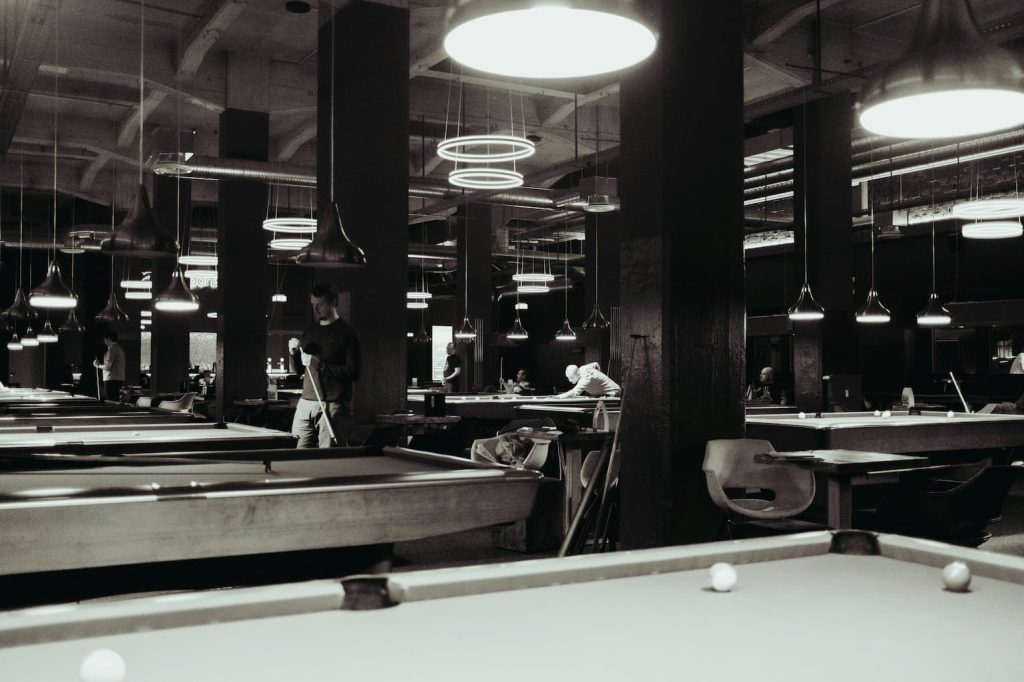Betting platforms thrive on financial insecurity. They target those looking for a quick way to escape poverty. Sites like 22Bet login offer bonuses and promotions, making it seem like anyone can win. But the system is built for losses, not victories.
For many players, gambling is not entertainment. It feels like a last chance to fix financial problems. The industry understands this and uses manipulation to keep people betting, even when they can’t afford to lose.
A System Designed for Losses
Online betting platforms are not fair games. They are structured to guarantee profits for the operators.
Even small wins are carefully calculated to encourage further spending. Over time, most players lose far more than they gain.
Gambling Preys on Economic Desperation
Low wages, job insecurity, and high costs make gambling more attractive. Many see it as a solution.
But instead of providing relief, it takes money from the poor and gives it to corporations. The wealth gap grows wider.
Governments Allow Betting Companies to Expand
Many governments collect large taxes from betting companies. This gives them little reason to impose strict regulations.
Rather than limiting gambling, they let companies flood social media with ads, targeting vulnerable players.
The Psychological Tricks Behind Betting
Betting sites use flashing lights, exciting sounds, and near-wins to keep users engaged.
These tricks make losing feel like part of the process. They convince players to keep spending, believing a win is near.
Debt and Gambling: A Never-Ending Cycle
Many players borrow money to keep gambling. Some use credit cards, others take out loans.
Instead of escaping financial problems, they sink deeper into debt. Betting companies profit from this cycle.
Online Betting Drains Local Economies
Money spent on gambling doesn’t stay in communities. It moves to corporate owners and investors.
While workers lose their wages, executives and shareholders grow richer. The economy becomes more unequal.
Social Media Makes Betting Addiction Worse
Gambling ads appear constantly on social media, promising big wins and easy money.
These ads never show the real victims—people losing their savings, families struggling, and lives destroyed.
The Need for Stronger Gambling Regulations

Governments must set strict betting limits and ban aggressive advertising. Gambling companies should be taxed more heavily.
Public funds should support education and healthcare, not be built on addiction and financial ruin.
Real Solutions to Financial Insecurity
People need higher wages, affordable housing, and stable jobs—not false hope from gambling.
If workers had real financial security, they wouldn’t need to bet. The system must change to support them, not exploit them.
The Role of Algorithms in Gambling Addiction
Betting companies use algorithms to track player behavior. They analyze how users bet and adjust offers to keep them playing.
If a player takes a break, they receive bonuses or free bets. These tricks pull them back into the cycle of loss.
Families Pay the Price for Gambling Losses
When someone loses money on betting, their entire family suffers. Bills go unpaid, and stress increases.
Financial strain leads to arguments, broken relationships, and even homelessness. Meanwhile, gambling companies continue making profits.
The Rich Profit from the Poor’s Losses
Gambling platforms take money from struggling workers and transfer it to wealthy investors.
This is not entertainment—it is a system designed to extract wealth from those who can least afford it.
A Fairer Economy Would Reduce Gambling Addiction
If workers earned fair wages, they wouldn’t need to gamble for extra income.
Stronger labor rights, better social programs, and real economic security would break the cycle of betting addiction. Gambling is not a solution, but a symptom of deeper financial inequality.
